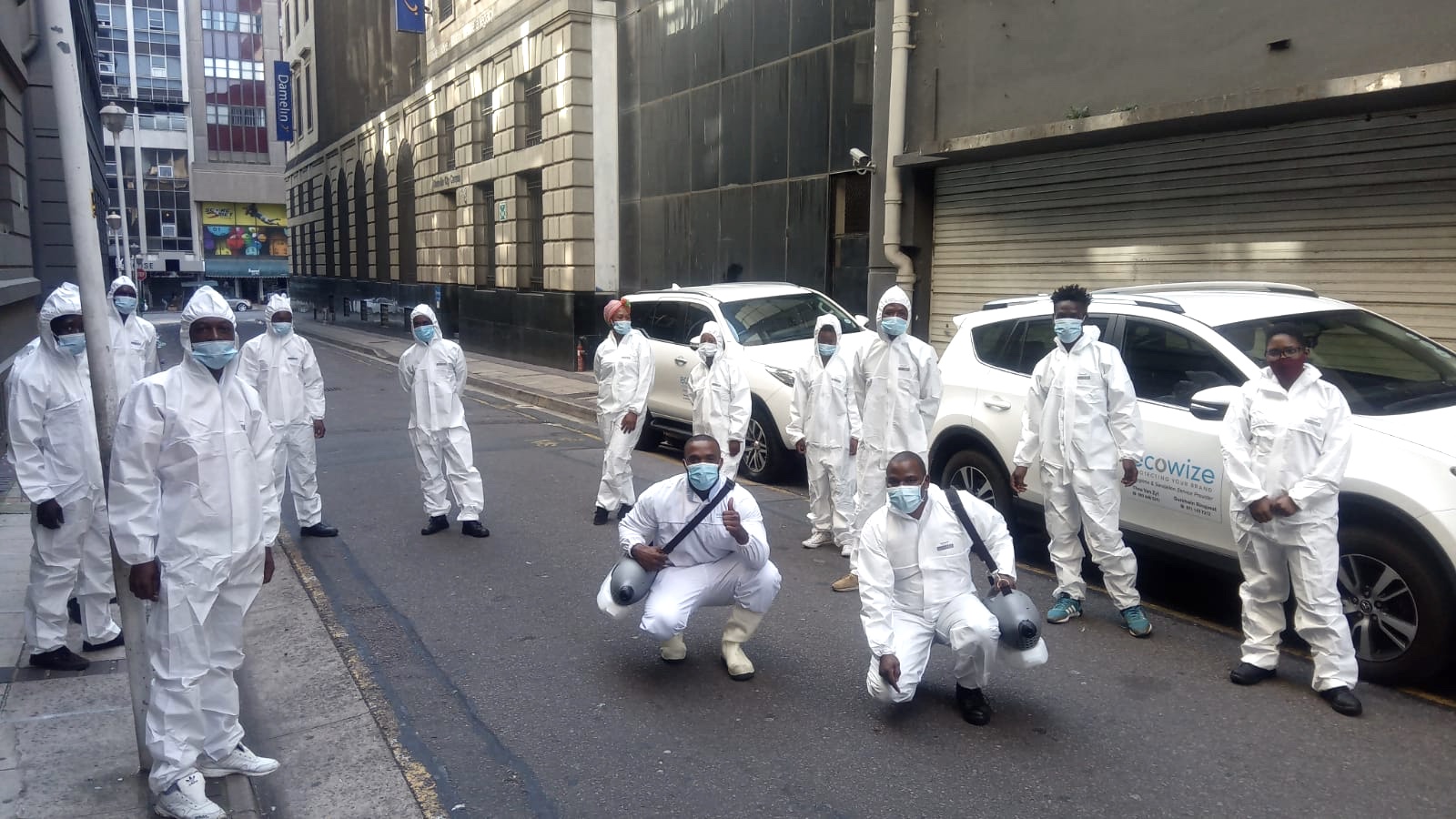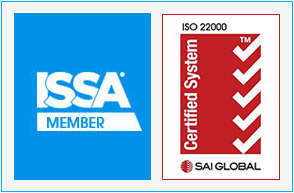As we move through level three of lockdown, businesses and schools have become a lot savvier when it comes to best-practice COVID-19 protocols, but there’s still some uncertainty – especially around practical and legislative procedures. Here, we address some of the most common questions about pandemic protocols:
1. My employee tests positive for the virus. What now?
We suggest four different action points to address:
-
- Pursue active monitoring. Actively monitor to follow a person’s symptom progression and encourage self- isolation. If a team member has COVID-19 symptoms, make sure you send them home immediately and follow up daily. Send the individual for a coronavirus test. Remember, test results may only be received after two weeks, when the person has often already recovered.
- Ensure strict social distancing is always enforced by breaking the team up into mini teams separated by different schedules. That way, if someone tests positive, the balance of your workforce does not need to isolate – just the smaller group.
- Enforce active screening. It’s not enough to do daily temperature testing – make sure you’re doing this in conjunction with asking staff if they’re displaying any known symptoms.
- Ensure you can contact trace. Ensure all staff databases are up to date with the most current contact information. Systematically identify and contact the individuals the person has been in contact with. Identify if there is high or low risk of exposure. In the case of high risk, the worker who was in contact with the infected individual must be in quarantine for 14 days or test negative. If there is low risk, the worker may continue to work, providing they wear a mask and that symptoms are closely watched.
You will also want to decontaminate the environment to ensure it’s safe for the rest of the team to resume working.
2. What is required for a person who has had COVID-19 to return to work?
The South African government stipulates the person should complete 14 days of self-isolation, and/or undergo a medical evaluation confirming fitness to work. He or she must adhere to social distancing and hygiene protocols and should be closely monitored for symptoms upon return to work. A surgical mask should be worn for 21 days from the date of diagnosis.
3. How do I ensure my staff know what symptoms are valid to COVID-19?
Through persistent training and reminders, along with daily screening. Ensure your people feel comfortable enough to tell you if they are experiencing symptoms. Reassuring them of job security is an important aspect of this. Your greatest risk is a sick staff member who is too afraid to speak up.
4. How do I address the issue of staff being concerned about touching surfaces during and after decontamination?
A decontamination will take place when staff are not in the premises. The environment is left to air dry for a safe period before the team resumes work. Direct work surfaces can be wiped with alcohol-based sanitizer prior to a team resuming work.
5. How do I entrench good hygiene behaviour even as the lockdown rules ‘relax’?
Through ongoing training and visual cues like posters and messaging mats. Also, keep stressing the importance of following the right protocols during pre-shift sessions. Make sure the social distancing rule is strictly enforced and keep hand sanitizer and hand wash easily accessible. Sanitize all entry and high touch points regularly – this needs to be a bigger priority going forward. Behaviour is entrenched through repetitive behaviour. You should also consider running ‘drills’ so everyone is familiar with the process should someone test positive. Formalise procedures and protocols in a short, accessible document. And consider drafting a script so you know exactly what to say if a team member gets ill. It can be a very sensitive subject.
6. How can Ecowize assist me?
Through the provision of world-class PPE, chemicals and back to work essentials; deep cleaning and decontamination protocols that meet global standards; a COVID-19 preparedness assessment; and advice on the right protocols to put in place for your business. Our expert team is here to protect your brand, with close to three decades of experience.
7. Is there anything else I should know?
The COVID-19 virus is not something to fear; far more people have recovered than have died. But we need be weary of people that have a low immune system or underlying condition who may not be able to handle this virus. High risk team members should work remotely for as long as possible. This virus will most likely be with us for a long time or be a new normal. The only way forward is to adapt.
For more information on how Ecowize can assist your business to stay safe during this time, visit Ecowize.co.za.
-ends-
Comments are closed.





